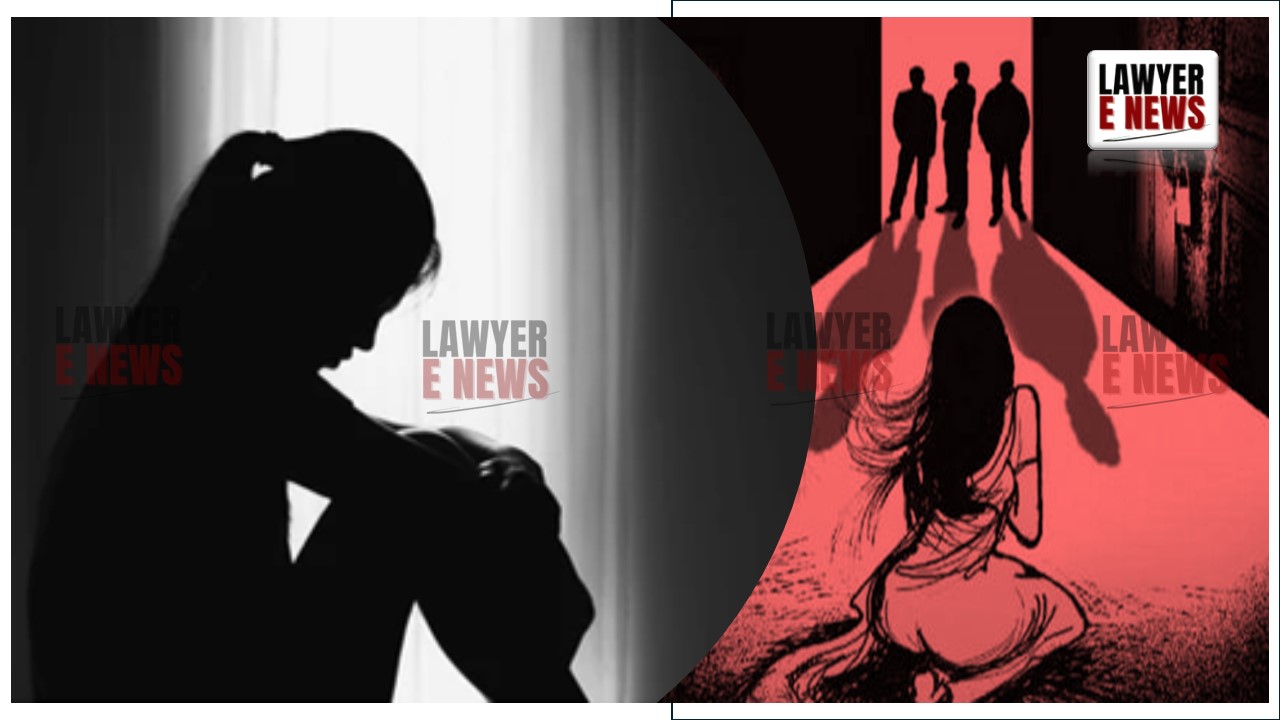-
by Admin
15 February 2026 2:36 AM



Kerala High Court acquitted four accused convicted of gang rape, citing significant inconsistencies in the survivor’s testimony, lack of corroborative evidence, and procedural lapses in the investigation. Justices Raja Vijayaraghavan V and Jobin Sebastian overturned the lower court’s decision in the case Christopher & Others v. State of Kerala, highlighting that the survivor's testimony did not meet the stringent standards required to sustain a conviction in cases of this gravity.
The case arose from an alleged incident on October 13, 2018, where the 16-year-old survivor claimed she was abducted and sexually assaulted by the four accused at two locations: Fort Kochi Beach and Jewel Arcade, a commercial building in Ernakulam. The trial court had convicted the accused under provisions of the Indian Penal Code (Sections 376D, 120B, 366, and others), POCSO Act, and the Juvenile Justice Act, sentencing them to 20 years of rigorous imprisonment.
The appellants challenged the conviction, arguing that the survivor’s testimony lacked credibility, was unsupported by medical or forensic evidence, and was riddled with inconsistencies.
Credibility of the Survivor’s Testimony: Could it be considered of “sterling quality” to support a conviction?
Sufficiency of Evidence: Was the survivor’s account adequately corroborated by medical, forensic, and circumstantial evidence?
Investigative Gaps: Did procedural flaws in the investigation compromise the prosecution's case?
The Court underscored that the survivor’s testimony, while central to sexual offence cases, must meet the high standard of a “sterling witness.” Citing Rai Sandeep v. State (NCT of Delhi) and Nirmal Premkumar v. State, the Court emphasized that inconsistencies, contradictions, and gaps in her narrative undermined its reliability.
“A survivor’s testimony must be unblemished, consistent, and inspire confidence. Minor discrepancies may be overlooked, but significant contradictions, as in this case, render the account unreliable.”
Medical evidence presented by PW9, a gynecologist, confirmed vaginal penetration but noted no significant injuries or signs consistent with the allegations of gang rape. The absence of bodily fluids on the survivor’s clothing further weakened the prosecution’s case.
“While medical evidence suggested sexual activity, it did not corroborate the allegations of brutal gang rape by four individuals at two different locations.”
The Court questioned the prosecution’s narrative of assaults occurring in two high-traffic public locations:
A concrete barrier near Fort Kochi Beach.
A corridor in Jewel Arcade, a commercial building in Ernakulam.
No forensic evidence, eyewitness accounts, or CCTV footage substantiated the survivor’s claims. The improbability of transporting the unconscious survivor on a bike without detection further cast doubt on the allegations.
“The absence of trace evidence, coupled with the unlikely choice of public and commercial spaces for such acts, raises serious questions about the prosecution's version of events.”
The Court criticized the investigative lapses, particularly the failure to produce crucial call data records (CDR) and tower location details that could have corroborated the survivor’s movements. These omissions created substantial doubt about the prosecution's case.
“Suppression of call records and other critical evidence undermines the integrity of the investigation. Such lapses are fatal to the prosecution’s narrative.”
The Court ruled that the prosecution failed to establish the guilt of the accused beyond a reasonable doubt. The survivor’s testimony, unsupported by corroborative evidence and marred by inconsistencies, could not be the sole basis for conviction.
“The circumstances brought forth by the prosecution fail to eliminate reasonable doubt. Convicting the accused based on this flawed evidence would be a miscarriage of justice.”
The Court acquitted the four accused and directed their immediate release unless they were required in other cases.
This ruling highlights the judiciary’s rigorous standards in cases involving severe allegations such as gang rape:
Testimony Standards: Survivors’ accounts must be credible, consistent, and corroborated by evidence when possible.
Prosecution's Duty: Investigations must be thorough, and all critical evidence must be presented to support the case.
Protection Against Miscarriages of Justice: Courts must ensure that convictions are based on reliable and probative evidence, particularly when severe penalties are involved.
Date of Decision: November 13, 2024
